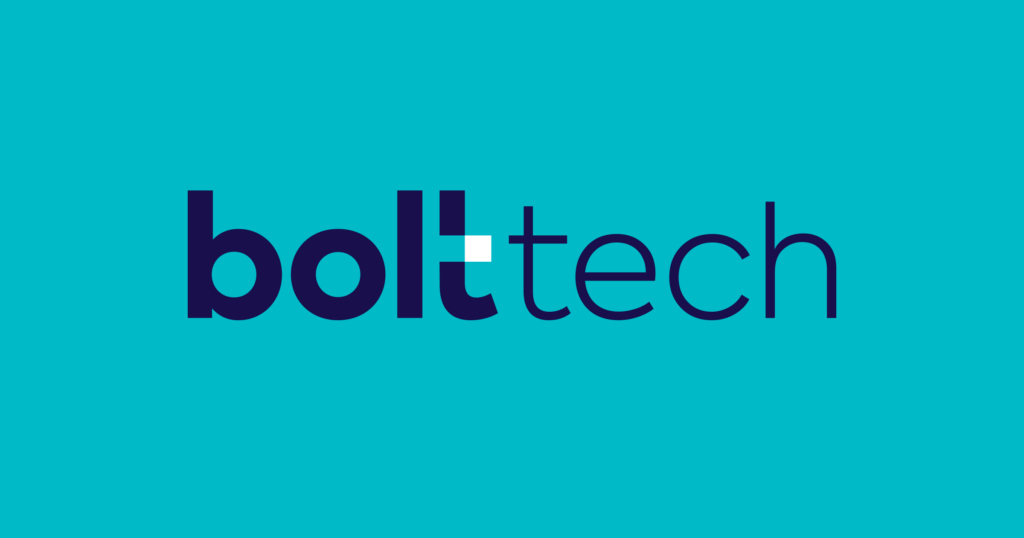Who to Watch: Insurtech Innovators in 2020

Insurtech startups continue to disrupt the insurance industry as they explore ways to apply cutting-edge technology to key insurance challenges.
Many of these new disruptions can be categorized under a few basic headings. They include the demand for greater personalization from customers, the need for insurers to leverage their human intellectual capital, and the challenges posed by legacy systems and new tools like artificial intelligence, says Alexandra Sutton at Board of Innovation.
In 2020, insurance companies can expect this disruption to continue. Several existing insurtechs will continue to refine and establish their approach, and new players are likely to enter the industry. Insurers can find new opportunities by keeping an eye on some of the most promising insurtech innovators this year.
LearnLux: Educating Customers for Better Coverage
LearnLux is insurtech with a twist. Rather than directing its attention to solving problems faced by insurance companies or agents, LearnLux is tackling the customer personalization trend by educating customers directly, landing them first on the list of top insurtech innovators.
The goal of LearnLux is to promote financial literacy among employees of the companies that use it. Lessons include information not only on healthcare and retirement planning, but also on how to understand and purchase insurance policies.
LearnLux was founded by siblings Rebecca and Michael Liebman, both of whom discovered a gap in their knowledge: Financial know-how. They weren’t alone. “I was working in a lab at MIT with brilliant Ph.D. students and no one could figure out how to open a retirement account. Michael was working at a bank with people who studied finance who still couldn’t figure out how to open a retirement account,” says cofounder Rebecca Liebman.
Lack of understanding of insurance terms and options can lead to serious problems, writes Assaf Wand, CEO and cofounder of Hippo Insurance.
For instance, nearly two-thirds of American homes are underinsured by 17 percent on average. And while that number has improved in recent decades, US homeowners still face risks from underinsurance in the face of natural disasters and other losses, says Robert Hartwig, clinical associate professor of finance at the University of South Carolina.
By providing customer education, LearnLux helps insurance purchasers better understand what coverage they need and why. Those customers can then play a more active role in obtaining the personalized coverage they want.

Omni:us: AI-Powered Claims
Artificial intelligence stands to transform a number of industries by allowing companies to tackle tasks like data extraction and classification. German insurtech startup Omni:us is exploring ways to create a more data-driven claims process, says Sofie Quidenus-Wahlforss, founder and CEO of Omni:us.
Omni:us’s AI-based tools seek to address a key disruption: Customer demand for more personalized service. “Our deep data based approach enables insurers to better understand their customers and launch new products and services on a more bespoke and individual level,” says Quidenus-Wahlforss.
AI also stands to expand business for the insurance industry. Currently, policies with low annual values are rarely worth the time and effort for human insurance professionals to analyze or write. Omni:us’s AI, however, “could analyze policies with an annual value of only 250 euro,” writes Mike Butcher at TechCrunch.
TowerIQ: Leveraging Built-In Digital Curiosity
As digital tools transform every aspect of our lives, many insurance professionals have developed their own interest in discovering ways to apply these tools to their work. Insurtech startup TowerIQ gives them the means to do just that.
“TowerIQ empowes a new generation of customer-obsessed, digitally-engaged brokers, MGAs, reinsurers, carriers (and clients) to build and automate straight-through processing while surfacing insights on new business opportunities,” says the insurtech’s website.
It is a broker-first platform that seeks to empower brokers and those they work with by providing a single end to end digital experience, says John Carione, vice president of marketing at TowerIQ.
To reach this goal, the TowerIQ team has taken some unexpected steps, including the launch of a free new edition of the platform, scheduled for January 2020. The goal, says Carione, is to use digital tools to democratize the process of obtaining insurance. “The days of emailing untrackable spreadsheets, faxing paper documents, and manually rekeying data into PDFs is over, as towerIQ has now removed all barriers to digitizing client applications.”
One Problem, Many Solutions
Incumbent insurers and insurtech startups tend to agree on the top problems facing P&C insurers. They include customer demand for greater personalization and a need for better underwriting and claims handling in the face of changing transportation and climate patterns.
Insurtechs inject a much-needed dose of creativity into the process. This is what truly sets the insurtech innovators apart from the rest. For every one problem, like customer personalization demands, insurtechs provide dozens of answers. By watching these startups tackle the same problem in different ways, established P&C carriers can identify opportunities that fit with their tried and true methods of doing business.
Images by: Wavebreak Media Ltd/©123RF.com, bowie15/©123RF.com
Further Reading
Featured
 18 June 2024
18 June 2024
 15 August 2024
15 August 2024
 1 July 2024
1 July 2024
